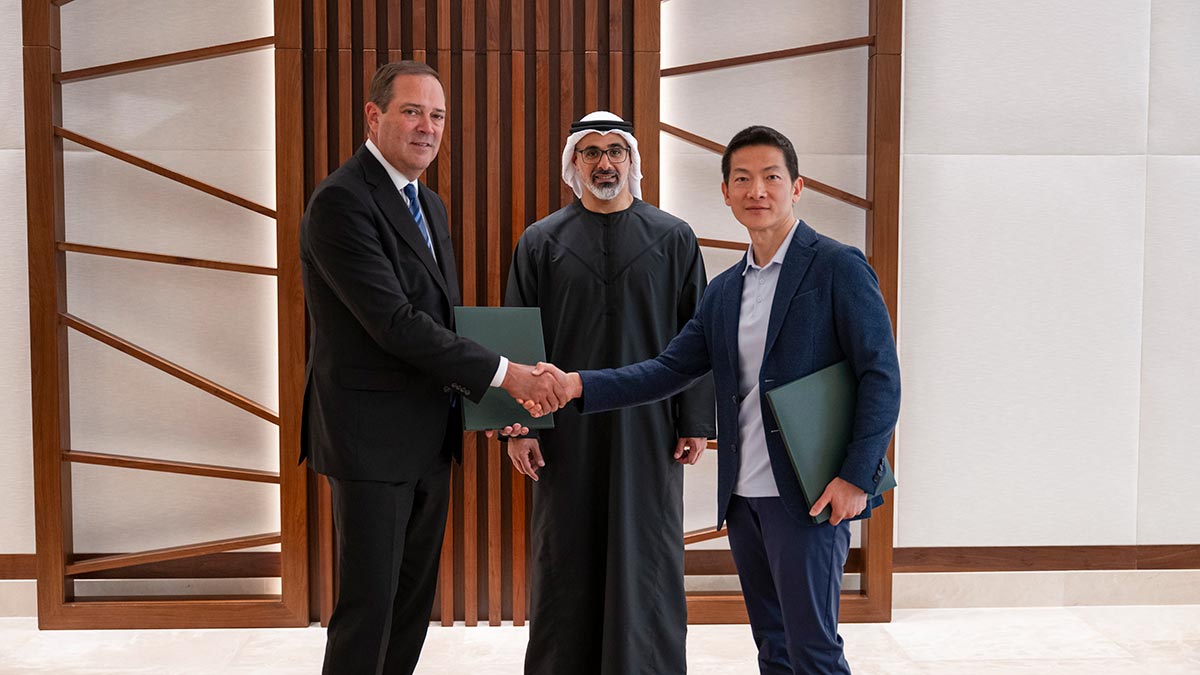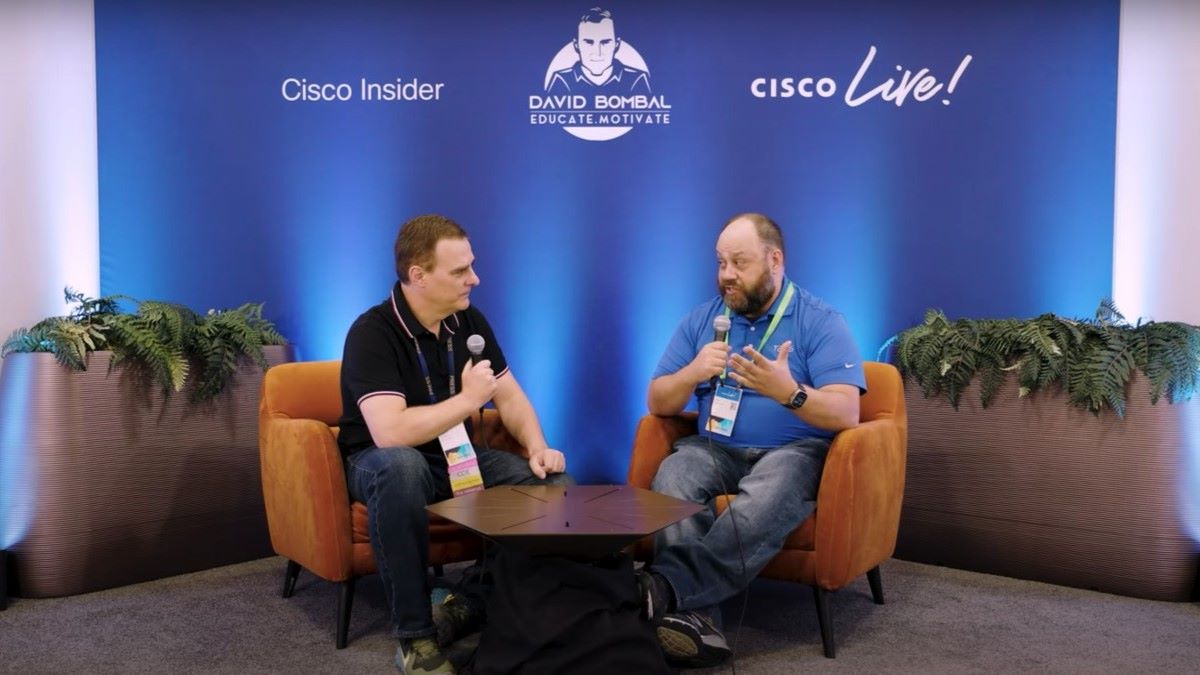LISBON, Portugal - August 25, 2008 - Diogo Vasconcelos, the newly elected President of the Portuguese National Association for the Development of Telecommunications (APDC), has promised to transform the organisation's role in driving forward the country's digital agenda.
"We're going to begin a wave of change in APDC's life," said Vasconcelos, Director and Distinguished Fellow in Cisco's Internet Business Solutions Group (IBSG) at the APDC inauguration session this summer. "We would like to engage more members from every part of the industry - software, media, advertising, postal and small and medium business and mobilise a new generation of information technology professionals. For example, we are going to create new APDC boards to endorse high level training through national and international entities". Vasconcelos said that the two main priorities of the APDC are to create a sense of urgency regarding next generation networks (symmetric broadband) and to create awareness of the role of information and communication technology (ICT) in relation to energy efficiency and climate change issues. "
"We want to become a catalyst and a platform to drive the digital agenda - both on policy making and in the market" he said.
The APDC meeting was chaired by the Secretary of State of Communications; Paulo Campos, by the Secretary of State of Public Sector Modernization Maria Marques; by the Coordinator of the Technology Plan (from the office of the Prime Minister ) Carlos Zorrinho; and by the leaders of all the telecommunications and ICT companies.
On July 8th, APDC, www.apdc.pt,, organized an international conference titled "Fibre Portugal" , which was attended by 300 participants representing the ICT industry, public sector and telecom regulators. The event created huge momentum and was chosen by the government as the forum to announce its next generation networks policy. The next APDC's annual congress takes place on 11th-13th November, and will focus on "ICT, Climate Change and Energy Efficiency".
This is the first time a Cisco executive has been elected to this sort of national leadership position in the European telecommunications industry and reflects the wider role that Cisco is playing not only in the market, but also in the public arena.
The APDC is a nonprofit organisation, recognised by law as a public-interest institution. It was founded on November 1984 by a group of ICT leaders and gathers more than 2,000 Portuguese senior executives working on telecommunications activities in Portugal as well as more than 200 companies present in all the Portuguese ICT value chain including telecommunication companies, equipment vendors and manufacturers, media and content producers, information systems integrators, etc. The association aims to provide an open forum for debate on all the concepts, views and ideas that will shape the development of the ICT industry in Portugal.
Vasconcelos, whose term as APDC president runs two years, is a distinguished fellow in Cisco's Internet Business Solutions Group (IBSG), the company's global strategic consulting arm. The group helps public sector leaders transform their organizations, first by designing innovative business processes, and then by integrating advanced technologies into visionary roadmaps that address their key concerns.
Vasconcelos'current focus is on the role of ICT in fighting climate change and promoting energy efficiency, the use of ICT to promote social innovation and sustainable prosperity; and the role of next generation broadband to foster innovation. He is working with different governments and mayors, the European Commission, Members States including the Portuguese government, as well as with the current Slovenian EU Presidency and the European Investment Bank.
Heis also working in Lebanon to create and implement a national broadband strategy that will accelerate economic growth and bring together the country's different communities. Vasconcelos is fellow in residence of the Social Innovation Exchange. Prior to joining Cisco, Vasconcelos was advisor to the President of Portugal and President of the Portuguese Knowledge Society Agency.





